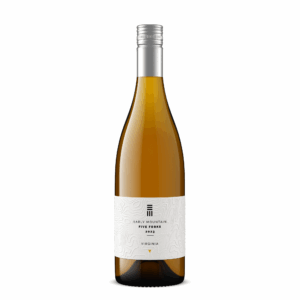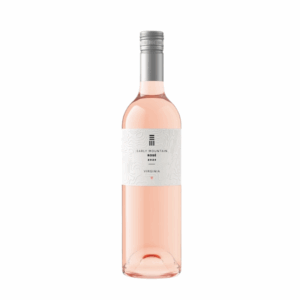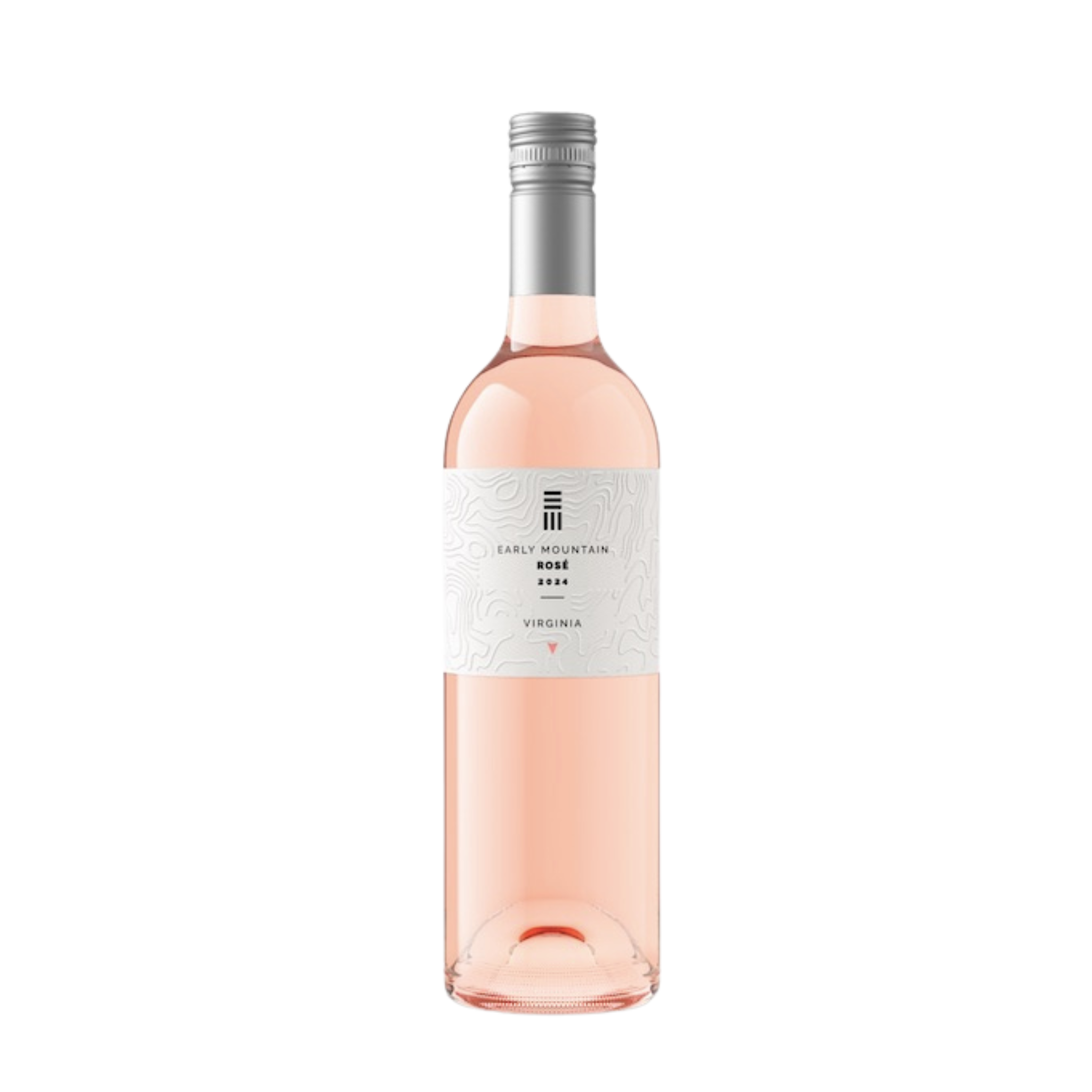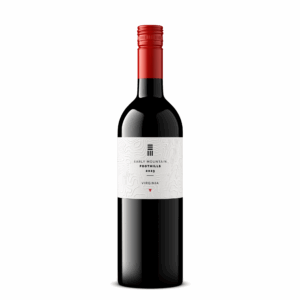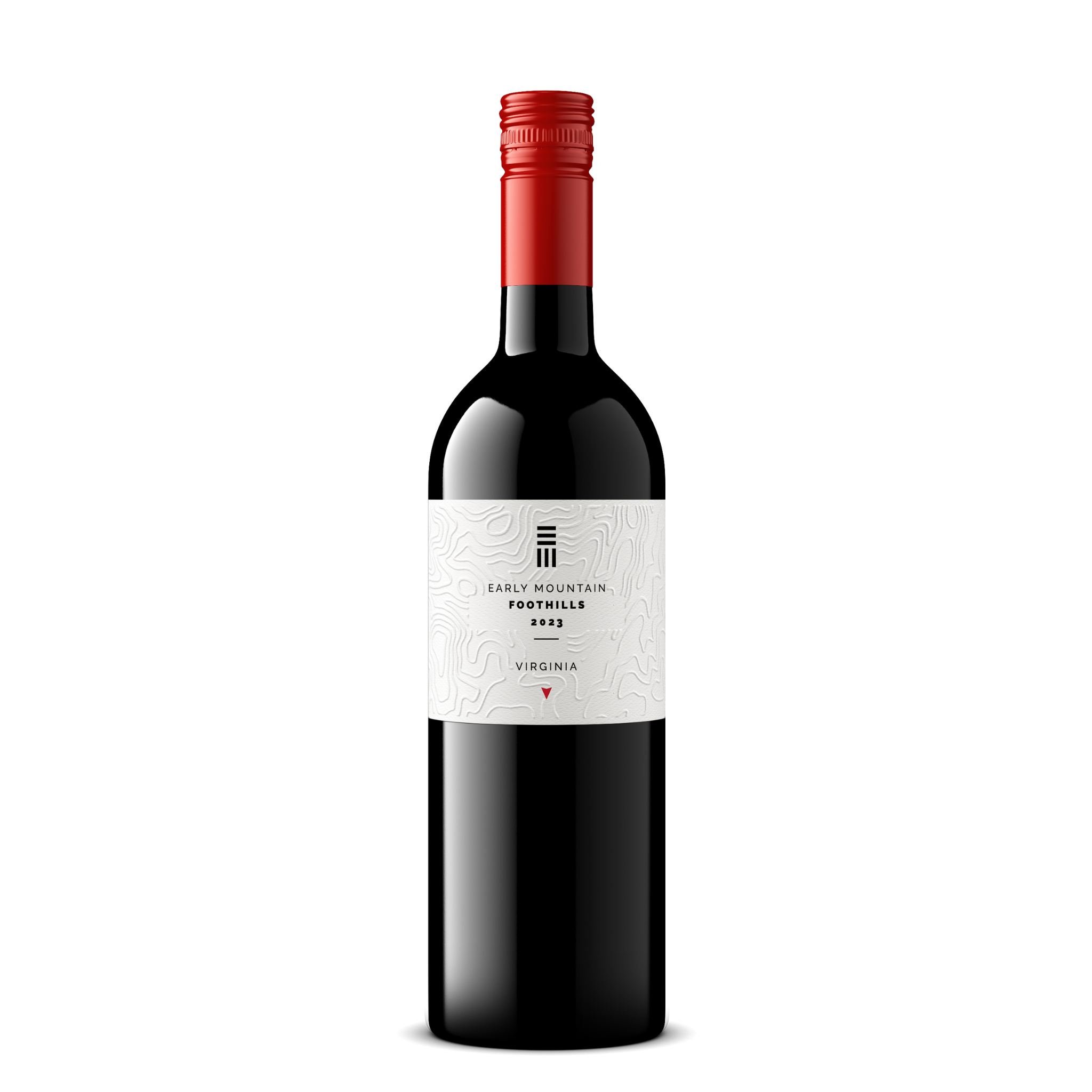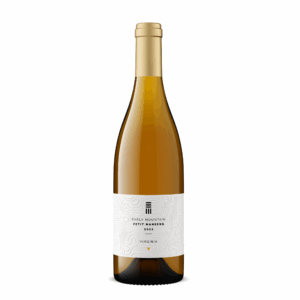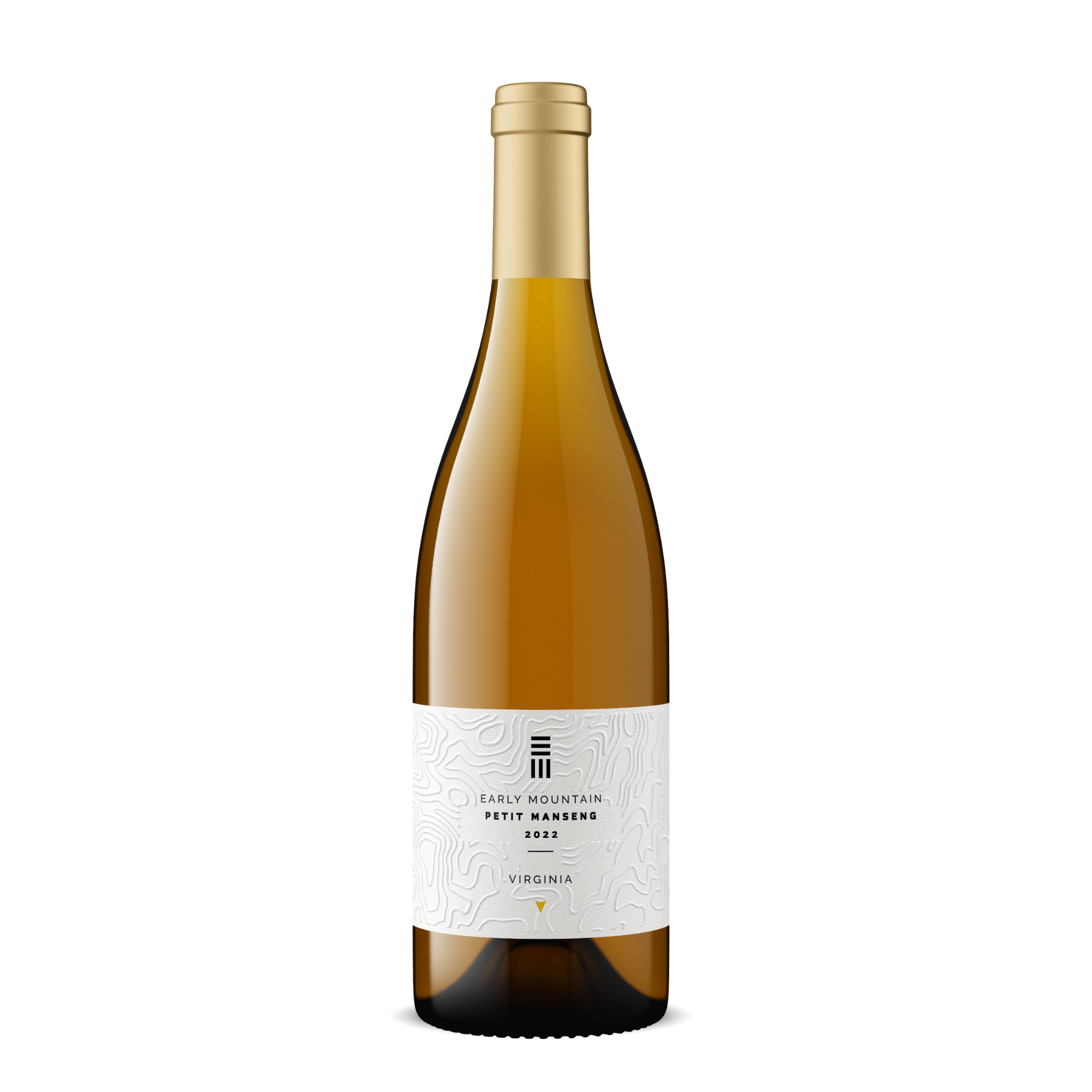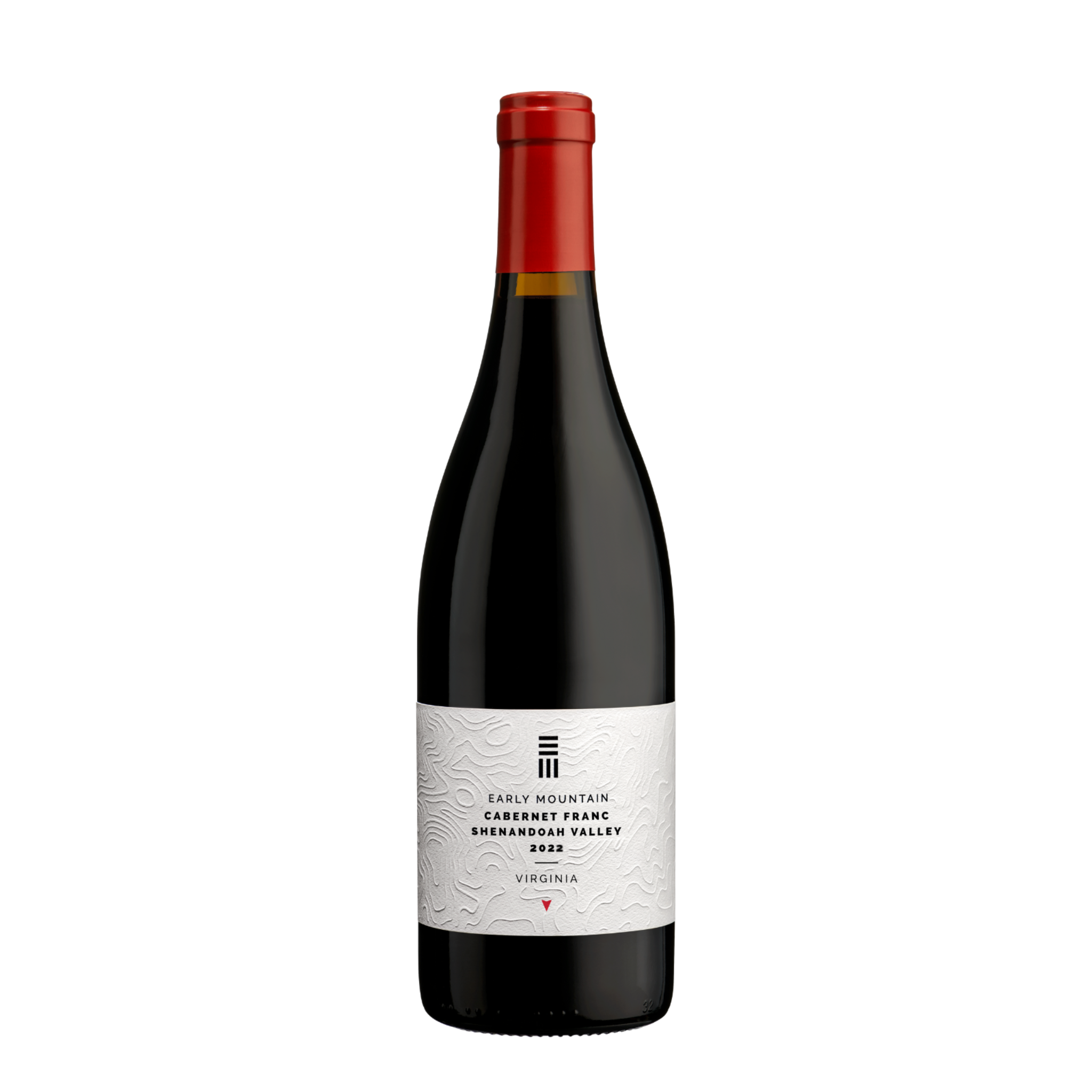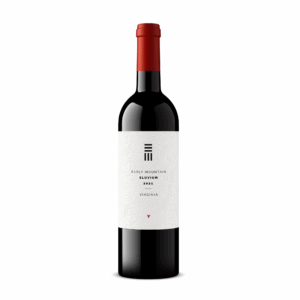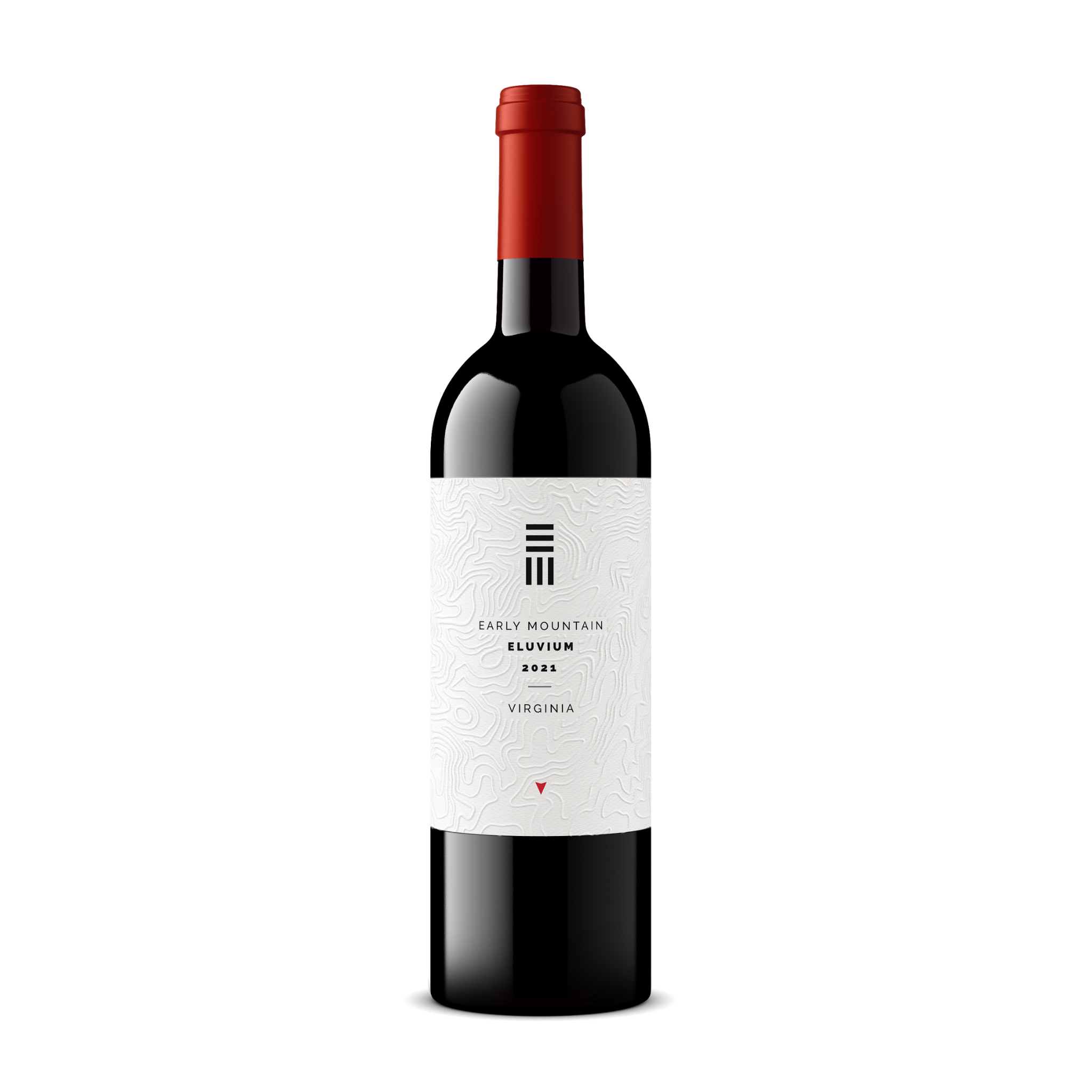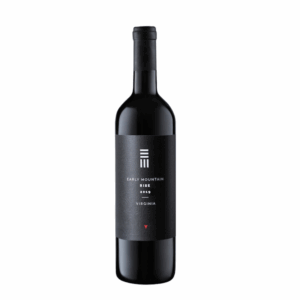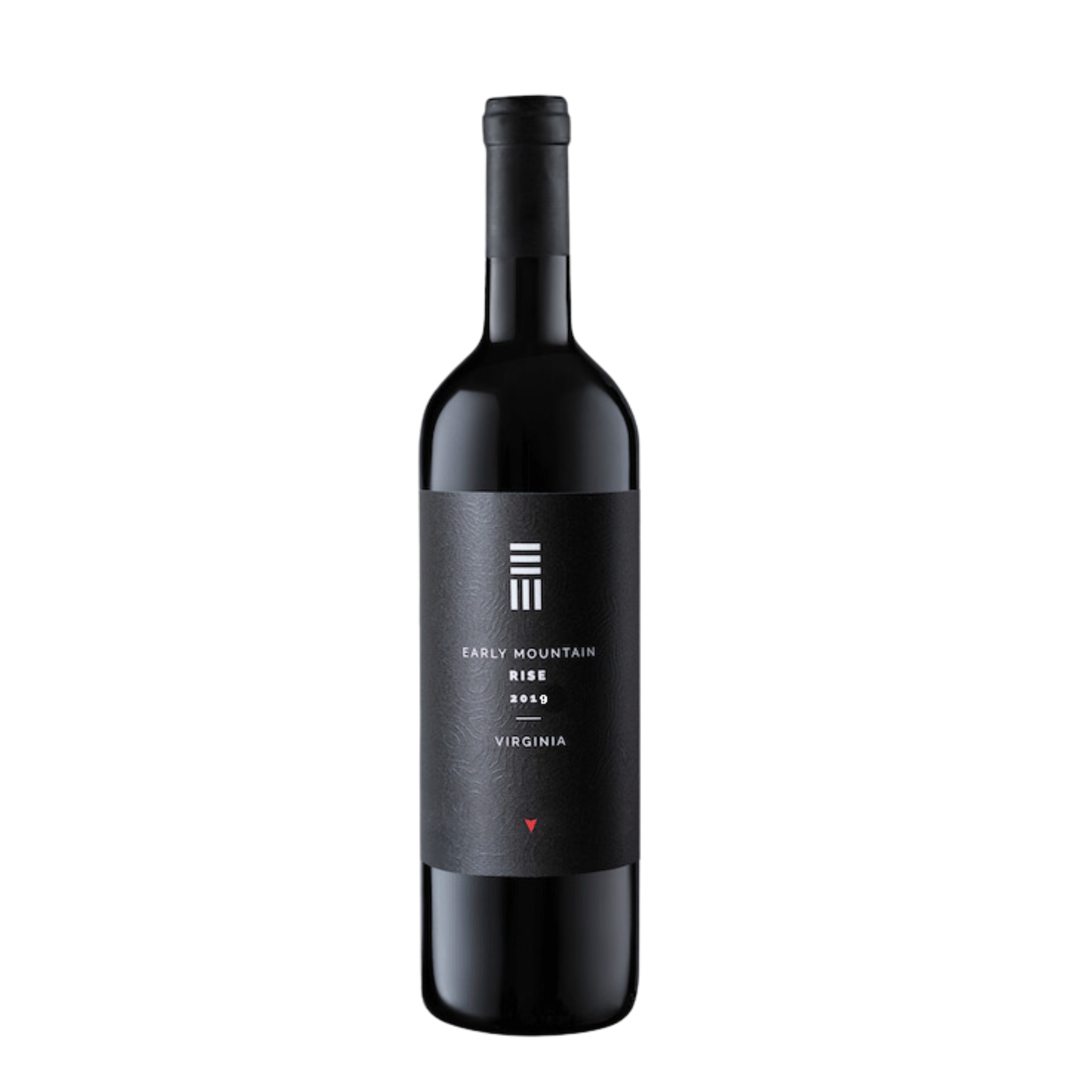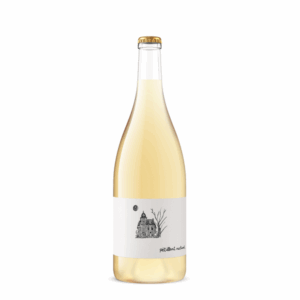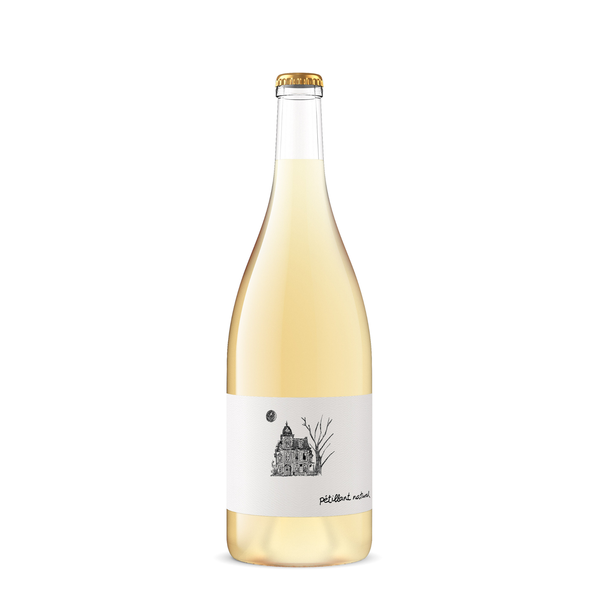Early Mountain Vineyards
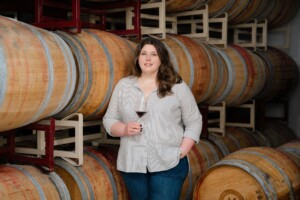
Maya Hood White
About
Owner: Jean & Steve Case
Winemaker: Maya Hood White
Vineyards: 55 acres across two estate vineyards, plus sourcing from growers with whom they have long-term relationships
Vineyard management: Conventional, with a focus on low-intervention farming
Soils: Varies by vineyard, including silt, loam, greenstone, quartz, and clay
Grapes grown: Merlot, Cabernet Franc, Petit Manseng, Chardonnay, Tannat, Petit Verdot, Sauvignon Blanc, Cabernet Sauvignon, Malbec
Annual production: 120,000 bottles
Quick facts:
- Maya Hood White was promoted to winemaker in 2022, eight years after joining the team.
- The tasting room at the winery regularly features wines from other Virginia producers reflecting Early Mountain’s passion for the Virginia wine industry and their belief that a rising tide lifts all boats.
- Early Mountain has become a standard bearer for Virginia Petit Manseng–read more about Maya’s approach to the grape in Forbes.
When Jean Case and her husband Steve first tried Virginia wines in the early 2000s, what they tasted was potential. They saw a region capable of producing high-quality wines, but one which almost none of their wine-loving friends knew anything about. They founded Early Mountain in 2012 with the conviction that Virginia could produce wines that stand shoulder to shoulder with the best in the world.
The key to producing high quality wine in Virginia is careful site selection. The Cases have sought out mountainside vineyards where the combination of rocky soils, constant wind, and relative elevation allows vines to thrive and grapes to stay healthy despite the characteristic Virginia humidity. The best sites have south or southeastern exposures, which lengthens sun exposure during the growing season and encourages ripening.
Early Mountain’s two estate vineyards reveal the diversity of Virginia’s terroir. Surrounding the winery, the Early Mountain Vineyard stretches across rolling hills of clay loam soil, making it especially well-suited for vibrant expressions of Petit Manseng and Sauvignon Blanc. Their Quaker Run Vineyard, about 15 miles from the winery, rises dramatically on the steep eastern slope of the Blue Ridge Mountains. Shaped by an ancient landslide, its rocky, well-draining soils lead to smaller grapes with remarkable concentration. The grapes from these vineyards are used for the bold, age-worthy red blends, such as RISE and Eluvium. They farm these vineyards with their own crew, refrain from the use of chemical herbicides, and employ other sustainable techniques.
They also source fruit from other local growers with whom they have long-term relationships and exclusive purchase contracts. They feel fortunate to work with “older” vines (for Virginia, at least) including blocks that were planted in the late 1990s.
Winemaker Maya Hood White has been a part of the Early Mountain team since 2014, and she took charge of wine production in 2022. Her goal in the cellar is to create balanced, textured, and complex wines. She employs native yeast for long, slow fermentations, increasing complexity and adding texture from the extended lees contact. Each wine is also the result of blending, whether that’s among grape varieties or clones, fermentation methods (e.g. destemmed or whole cluster), barrel sizes, or many other factors. For example, the Rosé is usually a blend of 9-12 different fermentation approaches to create the desired dry, aromatic, and layered style. Virginia is a region with significant vintage variation which keeps Maya on her toes as she strives to create world-class wines that reflect the vineyard and the vintage they come from.


